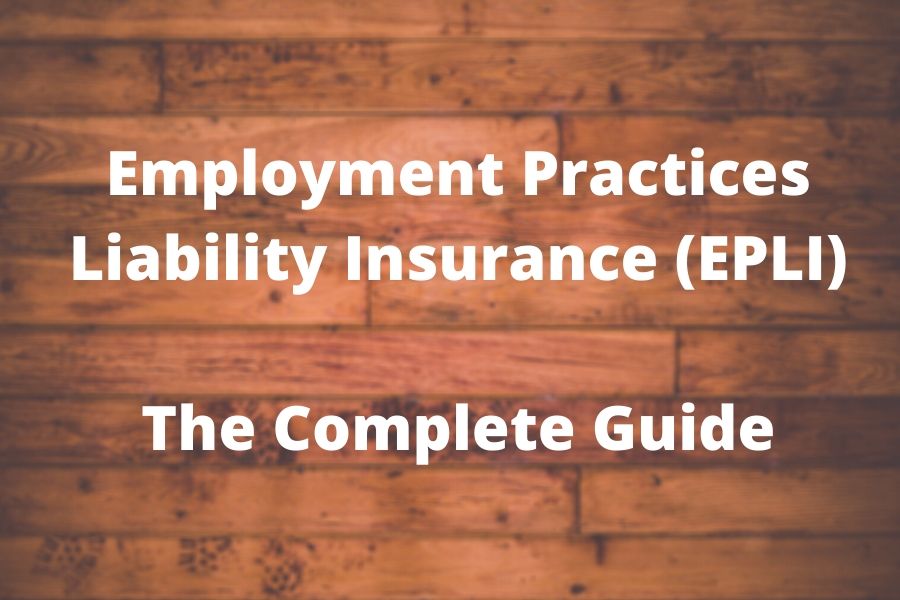Introduction
Online shopping is now a bigger business than ever. In the third quarter of 2021, shoppers in the US topped $204 billion dollars.
Since then, businesses globally have been affected by the pandemic and its lockdowns, causing many to venture further into online product availability, as well as inspiring many to go into business for themselves while in quarantine. This, coupled with the already relentlessly rapid rise in popularity of online shopping has made 2021 a very green pasture for new online business ventures, with more and more of them being formed every day.
Any new business requires a lot of thought and preparation to get it off the ground and there’s no doubt that it can be a daunting task. However, there has never been an easier and better time to start up an online business. Here, we’ll take you through the best steps to get you into the eCommerce business.
Decide Your Niche
First and foremost, you should decide on the specific products or services you wish to provide. You will likely have a specific skill, be knowledgeable on a very specific subject – or both. With these, and knowing what it is you wish to provide, you have to then see how you can slot yourself into that particular field – and stand out.
So look at other companies that provide the same, or similar, products and services and see how they are marketing themselves.
How successful are your would-be competitors? How appealing is their website – and how would you improve it? How are they providing their services and products? What Ecommerce hosting they are using? All the angles need to be looked at so that you fully understand your niche. By doing this, you’ll then know the best approach to this niche with your own enterprise and maximize its potential.
Research
Researching your niche and peer businesses is essential. Imagine you were wanting to open a restaurant. You’d need to look at all your local restaurants closely: their locations, their food and drink menus, their specialties, theme nights, deals, opening hours, and so on, and see how popular and successful they are.
In a similar way, you need to have a close look at your online competition. Once you identify what is making these businesses a success (or not), examine the details and work out how it is that you think you can do better.
Financial angles need to be researched too. How much will it cost to set up a business that caters to your intentions? And what are the legal hoops you’ll need to jump through to make your business legitimate before it’s even up and running? Most importantly, how are you going to make sure you avoid cash flow issues.
Another key factor to look into is how will you provide your customers with your service/product? Look into mailing costs and options, the best delivery rates, and how you will implement pricing: will mailing costs be incorporated into pricing or added on after? It may seem like a lot of leg-work before you even set the ball rolling but these are essential details. The more knowledgeable you are before you get going, the better equipped you will be for success.
Target Audience and Market
You may have very clear ideas and intentions in regards to either the products or services you will provide. This being the case, it’s just as crucial to know your target audience. What type of person is likely to be your ideal customer? What other interests are they most likely to have which would cause them to gravitate towards your business? The creation of ‘customer personas’ is tried and tested tool by successful eCommerce businesses.
Customer personas are made-up – fictionalized – models of how your ideal customer will behave: how will they best benefit from your business? With this in mind, you can then work out the best strategy to appeal to potential customers. The details for your customer personas include things such as:
- Where do they live?
- How old are they?
- What is their income?
- What is important to them?
With basic details such as these, you can form a better idea of how your potential customers will respond to your business. This ‘profiling’ will enable you to create better advertising and design better marketing approaches for your business’s website, social media platforms, and email subscription services.
Generally speaking, defining your target audience will allow you to refine your marketing strategies and enhance the likelihood of catching the eyes of those who are more likely to be interested in your service.
Your target audience will be a lot easier to identify once you know your target market. If you will be specializing in sporting goods or arts and crafts, you have an idea already of the audience for these particular subjects. Knowing this, you can hone your targeting that much better, refining it and narrowing it down, allowing for better accuracy when targeting potential clientele.
Sometimes, it may be difficult to figure out the exact kind of audience you should be going after. For example, if you are launching a marketplace for an emerging category like NFTs, it may be difficult to draw an audience. Is it crypto and blockchain enthusiasts? Or, are people investing in art? Also, what kind of investors would likely invest in a product that does not have historical data? In such instances, you may consider creating proto-personas (or proxy-personas) that are based upon known variables (like interest in crypto, art, or both) and targeting this segment.
ALSO READ: How much does a Wix website cost?
Viability
Just because something seems like a good idea, it doesn’t mean that it is. That’s why before starting up your eCommerce enterprise, it’s vital to research your business’s viability. This means looking into important market factors:
- Exactly who are your competitors?
- Is there a demand for your product or service?
- Is your idea based on a new trend that may soon pass?
- Is your idea based on a trend that is already in decline?
- If your service/product is a niche one, is interest in it sustainable?
Further to these factors, there are also other elements that need to be weighed up:
- Your selling prices vs those of competitors;
- The mark-up price – is there really potential for profit?
- The longevity of your actual product if selling merchandise;
- Availability of stock – and how much of it?
- Will the change in seasons affect sales?
- Are there any legal regulations specific to your product/service?
All of these things – and many more – regarding the market you intend to enter need to be looked at closely before you begin. As well as helping you target your market, they will also give you a much better understanding of how much money you will need to start up your business and then maintain it once the doors are open.
While researching, you may realize that you could sell one particular product for a lot less than a competitor. However, to actually benefit from this undercut, you will in all likelihood need to sell more than the competition. Will you be able to? Or will you be able to compensate with the lower price on one product by charging slightly more for another? These are criteria that need to be examined so that you don’t catch yourself out once those orders start coming in.
EIN
Not all business entities are required to have an EIN (Employer Identification Number). However, it is best to have one. You can apply for an EIN number for free via the IRS. If you apply online, you can get your EIN immediately. It makes good sense to have one whether it is required or not. With an EIN, you can open a bank account for your business instead of using your usual social security number. Doing so will ensure that your business’s financial activities won’t get muddled with your personal ones.
Conclusion
Research really is the key foundation to new online business startups. The doors are wide open these days for stay-at-home entrepreneurs. More and more people are turning hobbies and interests into bonafide businesses, especially during the pandemic when many have found more time on their hands than ever before – and who wouldn’t want to work with something they enjoy personally? The most common mistakes with new eCommerce businesses can be avoided – simply by ensuring thorough research of your chosen market.
Author Bio
Jean Wilson Murray is a legal expert who is a co-founder of Best LLC Services and has been helping aspiring entrepreneurs start their own companies for seven years already. During this time, he has investigated all the pitfalls in choosing the financial and management structure of a business, the establishment of companies, as well as the legal structures of enterprises and has become a highly skilled professional in this field.

